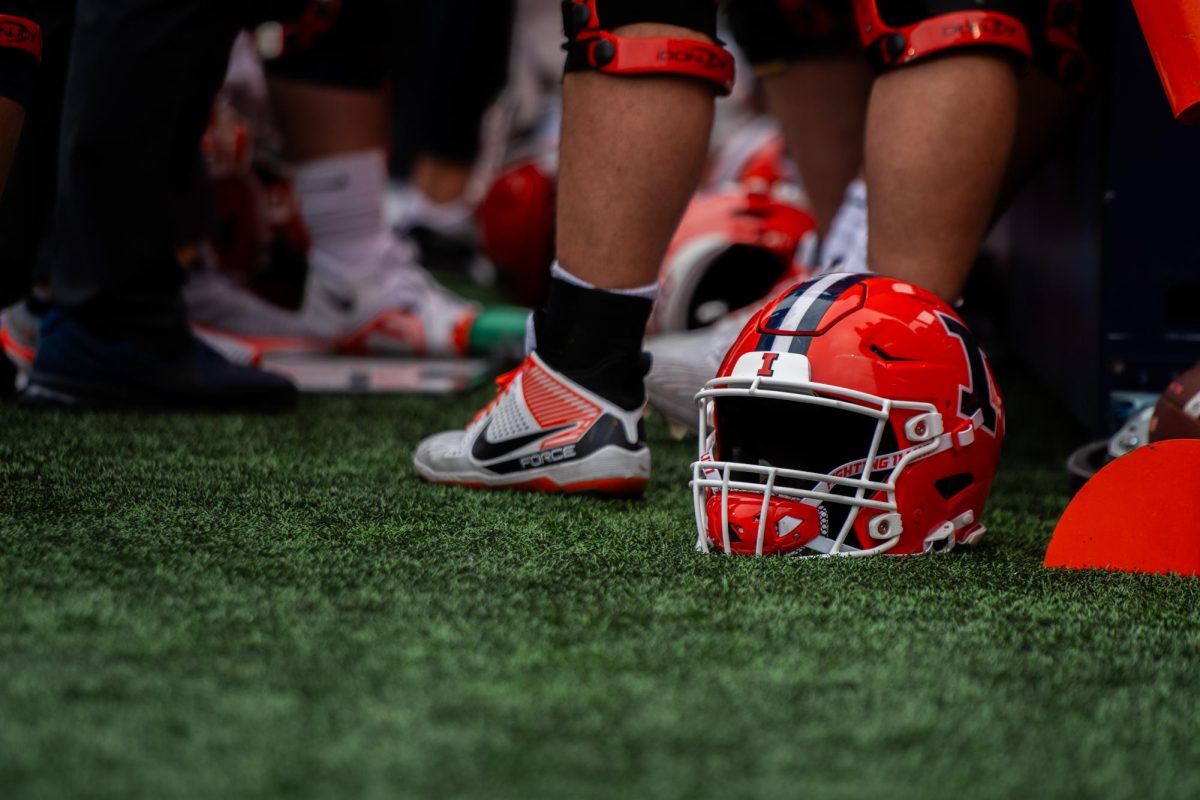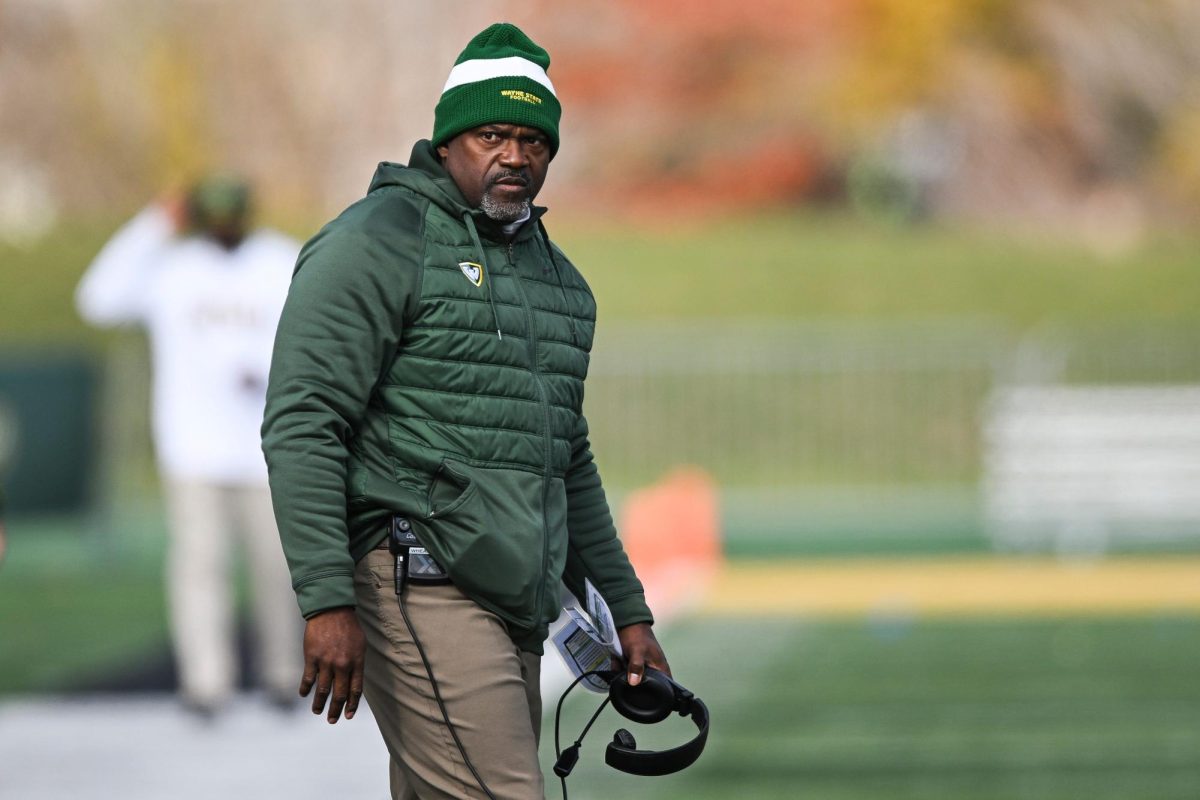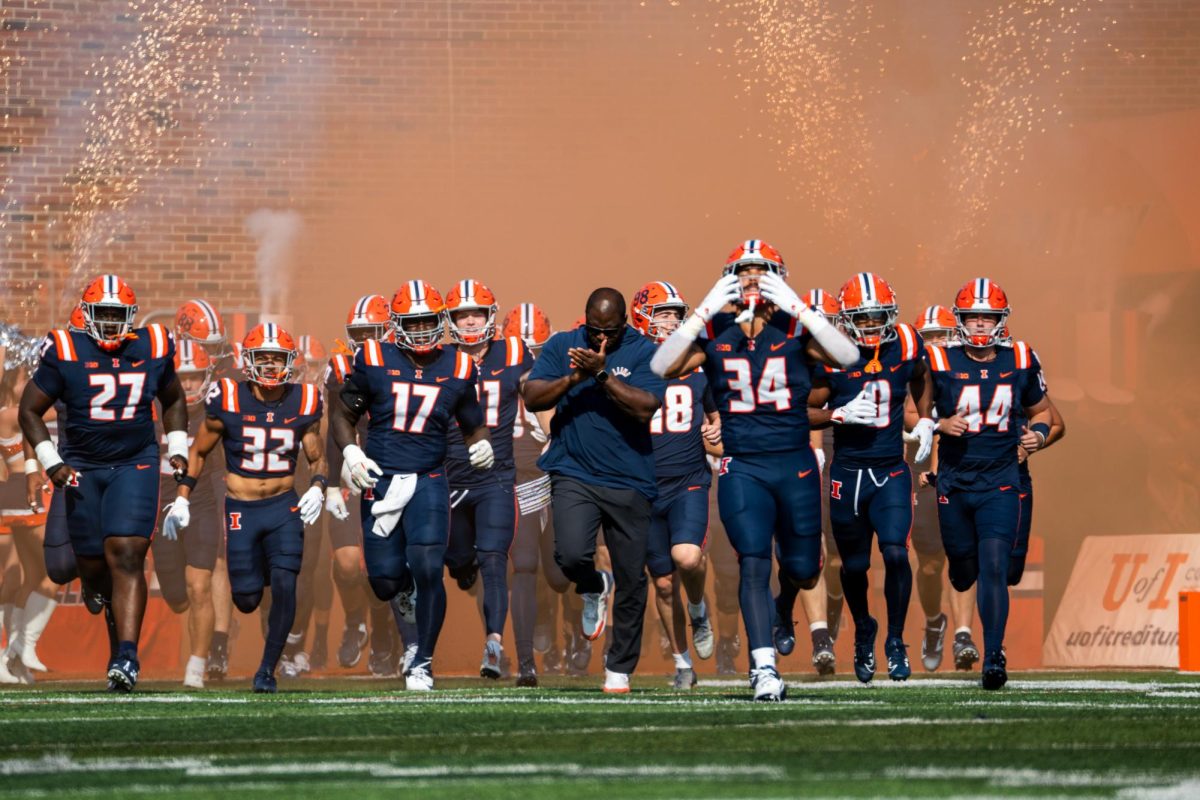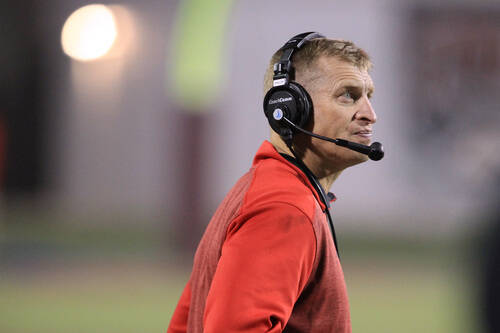Sports are among the world’s most lucrative forms of entertainment, so when issues within are brought to light, they stand out all the more. Since the inception of sports, owners, coaches and athletes have been put on pedestals and worshiped by society, but they are no strangers to scandals and illegal activity.
We need joy in life — something to pour passion and loyalty into that consumes our time and gives us a break from the serious things in life. However, these sports figures we idolize are not immune to struggle and poor choices, especially not to the consequences that follow.
The Big Ten is finishing the process of losing its second head football coach in three months. Two disastrous cases remind us that getting millions of dollars yearly and being shown on TV every Saturday does not mean you are a good person.
It began when the Daily Northwestern — Northwestern University’s student newspaper — released an article detailing claims of vicious hazing in the football program. The school suspended then-head coach Pat Fitzgerald for two weeks as they discussed the program’s future.
As more details emerged of the hazing that included “forced participation, nudity and sexualized acts of degrading nature,” as Northwestern President Michael Schill described, the school could not keep Fitzgerald around any longer. His contract was terminated on July 10, but that could not save the program from its broken state.
Get The Daily Illini in your inbox!
Three of the program’s most talented players transferred to different schools in the following weeks, and alumni of the program and school criticized the behavior that got so out of hand. The actions under Fitzgerald’s watch will forever scar everyone affected. In the most recent case, players for the Michigan State Spartans aren’t directly affected by the actions of former head coach Mel Tucker, but a man they looked up to failed them all the same.
Tucker continues to deny allegations that he sexually harassed rape survivor Brenda Tracy, claiming that “other motives are at play” for the university. Whether his claims are valid or dying words from a man in trouble, Tucker put himself in a horrible situation, giving Michigan State cause to fire the coach for his actions.
While monitoring these cases at other schools, it is essential to remember what coaches’ jobs really are on college campuses. The Illinois athletic department made their code of conduct available after the recent affairs, outlining what their employees adhere to in their work environment. Above all else, the code of conduct states that employees “serve as role models and mentors for all DIA (Division of Intercollegiate Athletics) student-athletes.”
These people are supposed to be leaders. They recruit people’s children to come to a university and learn how to become the best athlete and person they can be and “promote the safety and well-being of student-athletes.” It is immediately apparent that Fitzgerald and Tucker violated the most important aspects of their role with the team during their tenure by either physically and/or emotionally harming the men on the field or setting poor life examples.
The Illini have experience comparing their employees’ behaviors with the code of conduct in recent years, the most notable being men’s head basketball coach Brad Underwood in 2018. At the time of the probe, Underwood was entering his third season as a coach in Champaign when the University received tips concerning enough information to lead to a full investigation within the basketball program.
The News-Gazette was the first to report this breaking news, citing the DIA report that Underwood had been accused of “verbal abuse, racial harassment and punitive use of physical activity.” After a month, the University’s legal counsel and faculty investigation representatives concluded that the accusations were false.
Underwood has always shown his fiery personality on the floor, occasionally getting into players’ faces without regard for their eardrums. However, as long as the words he bellows match the guidelines listed in the DIA policies, the committee found that Underwood was within his rights.
The University was also contacted in 2015 regarding the football and women’s basketball teams. Neither issue received an investigation. Three instances over a decade show that the Illini are more than willing to put student-athletes’ well-being first. But, after all three turned into nothing, it also shows the Illini hired coaches who care for the players and follow the guidelines.
At the end of the day, collegiate athletics go far beyond just winning and losing, and programs like Northwestern and Michigan State football have lost sight of that. For now, the Illini have not been impacted and continue on the right trend for the future. Still, the last three months pose a warning to the rest of the country: Remember your duty to these kids.
@benfader7







